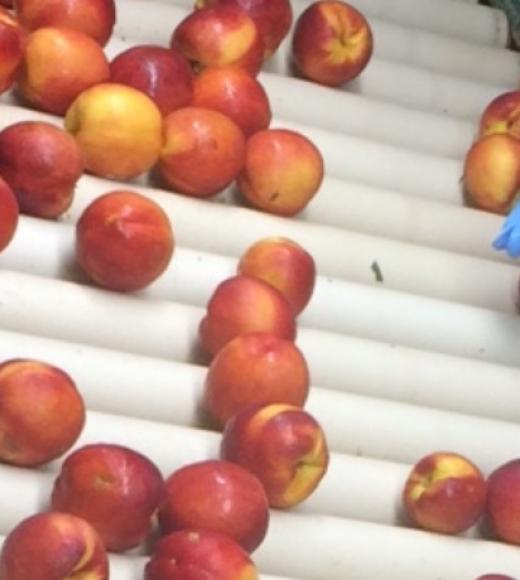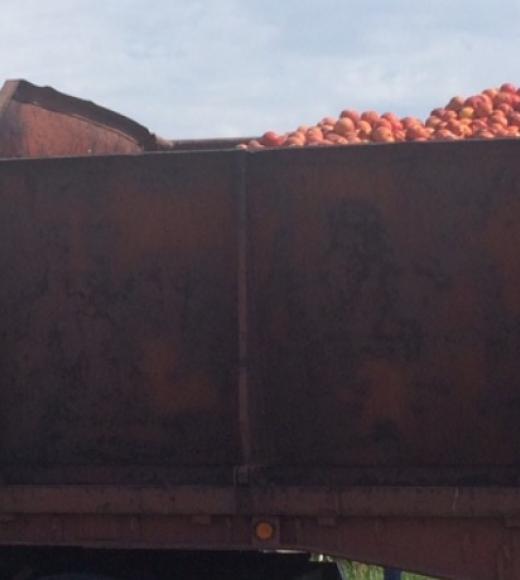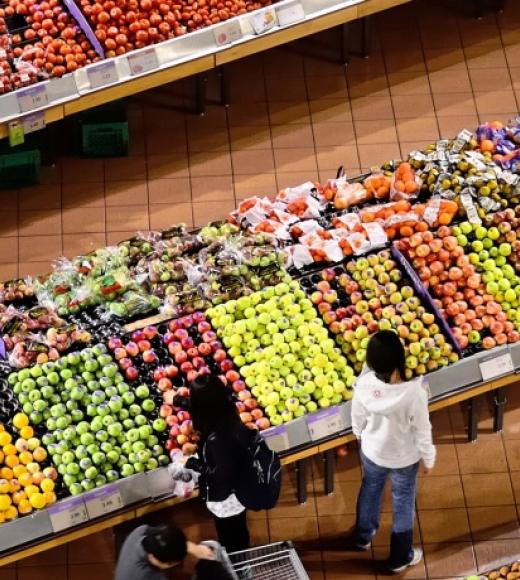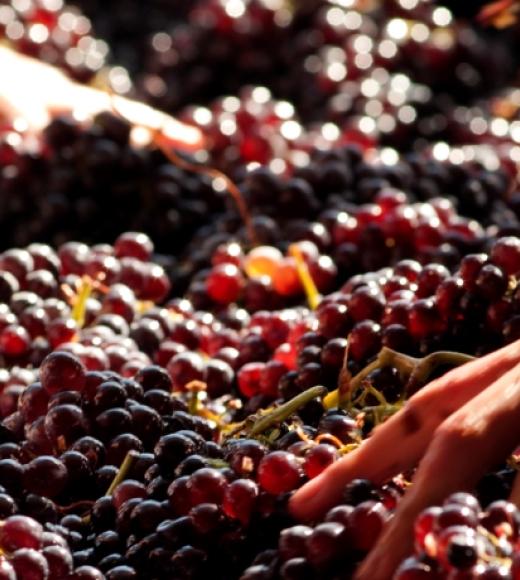Nearly one third of all the food produced in the world is never eaten. That's about 1.3 billion tons a year. The UC Davis Food Loss and Waste Collaborative (FLWC) is an interdisciplinary research program that examines how and why food gets wasted throughout the food life cycle. Researchers are focused on developing solutions and innovative new approaches to tackle this global challenge.
The topic of food loss and waste is complex, and the FLWC has divided its research into four key topic areas:

Metrics and Impact
Food loss and waste is very difficult to quantify. This area of research focuses on understanding the quantity and characteristics of waste produced, as well as timing, location and driving factors of losses.

Food Supply Chain Efficiency
Researchers are studying new technologies and approaches for preventing and reducing food losses throughout the entire food system supply chain, from the farm to the consumer. Some specific topics of study include advanced packaging for longer shelf life, improved drying technologies for seeds and grains and locally appropriate cold storage technologies in remote rural regions.

Consumer Behavior and Awareness
A substantial portion of food waste occurs after it’s purchased by consumers. Goals in this area include researching ways to minimize food waste by consumers and support policies that would increase consumer awareness and engagement.

Circular Solutions for Food Recovery and Recycling
Processing foods often creates a significant amount of byproducts, or materials that are thrown away. To redirect food away from the landfill, researchers are developing valuable and nutritional ingredients from upcycling food processing byproducts. Some examples include recovering high value nutritional compounds from whey in cheese making, and advancing microbial fuel cells that can transform organic waste into renewable energy.

